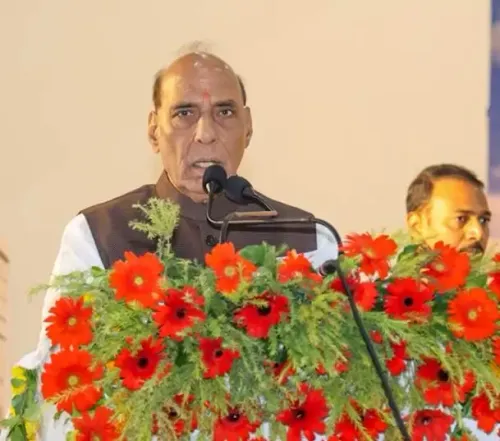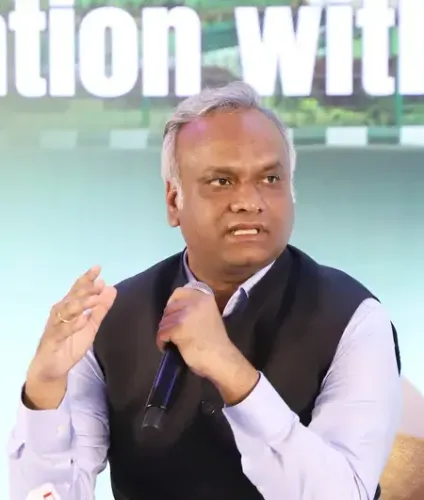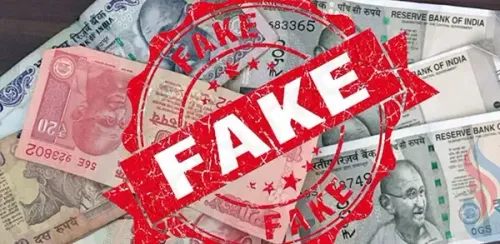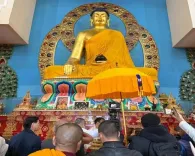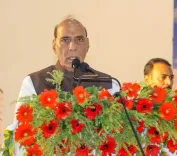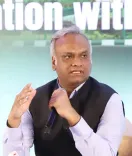Did the High Court Deny Bail to Umar Khalid and Sharjeel Imam in the 2020 Delhi Riots Conspiracy Case?

Synopsis
Key Takeaways
- High Court ruled against bail for key accused.
- Concerns about national security were emphasized.
- Solicitor General argued for the gravity of the conspiracy.
- Accused allegedly aimed to divide the nation religiously.
- Previous court rulings labeled actions as 'terrorist acts.'
New Delhi, Sep 2 (NationPress) The High Court has officially rejected the bail requests from Umar Khalid, Sharjeel Imam, and other individuals implicated in the 2020 Delhi riots' larger conspiracy case.
In its ruling, a panel composed of Justices Navin Chawla and Shalinder Kaur stated, "All the appeals are dismissed." The comprehensive judgement is expected to be available on the official Delhi High Court website shortly.
Earlier in July, the Bench led by Justice Chawla had reserved its ruling after listening to arguments presented by both the defense and Solicitor General Tushar Mehta, representing the Delhi Police.
Solicitor General Mehta opposed the bail requests, asserting that the extended detention of the accused should not justify their release while awaiting trial, as they allegedly participated in a well-coordinated criminal conspiracy that aimed to disgrace the nation ahead of US President Donald Trump's visit in 2020.
"If you (referring to the accused individuals) are acting against the nation, then it is better to remain in prison until you are acquitted or convicted," he argued.
"This case is not merely about bail in typical riot situations; it is a carefully planned and organized criminal conspiracy that originated in the national capital, targeted for a specific date and time," he added.
In his arguments, Mehta referred to speeches made by Sharjeel Imam, indicating an intention to create division within the country based on religion.
"Their goal was to create religious division. The intention was to bring national shame on a global scale," he claimed.
During the proceedings, Mehta pointed to various international media reports concerning the Delhi riots, emphasizing that the accused were not merely protesting against legislation but were involved in more sinister activities.
He referenced a previous court ruling that refused bail to Umar Khalid, categorizing the incident as a "terrorist act."
"Do not categorize this as a simple riot case. It is an instance of premeditated assault on the nation’s sovereignty, occurring in the capital," Mehta concluded.


